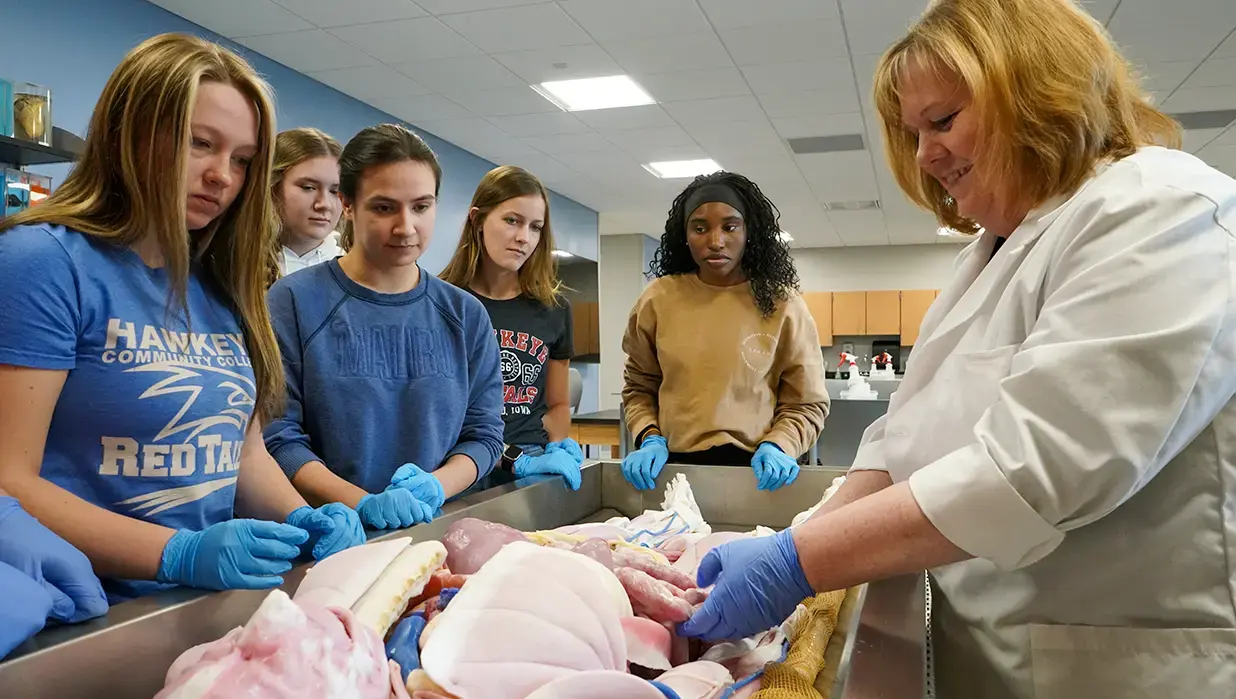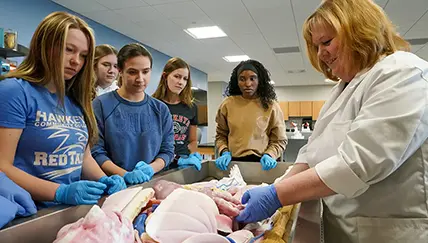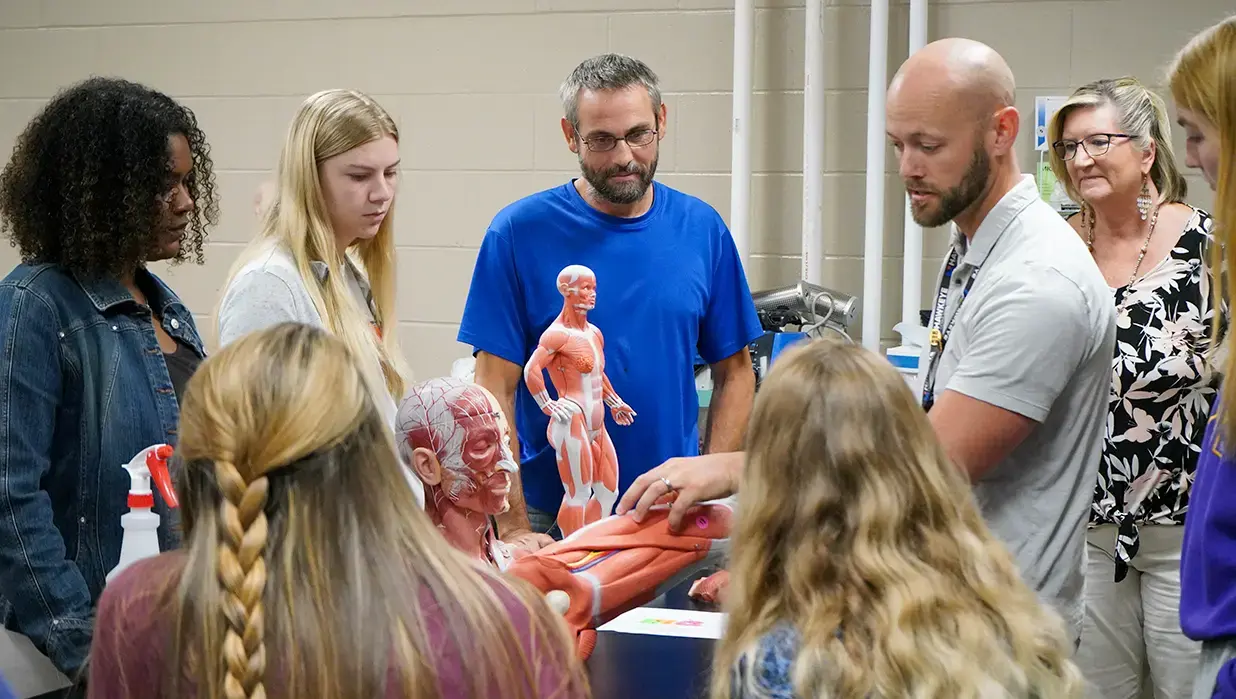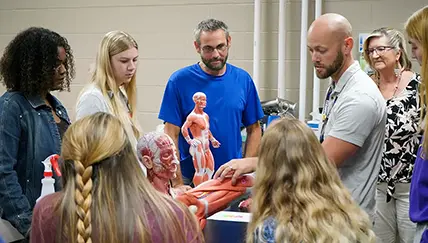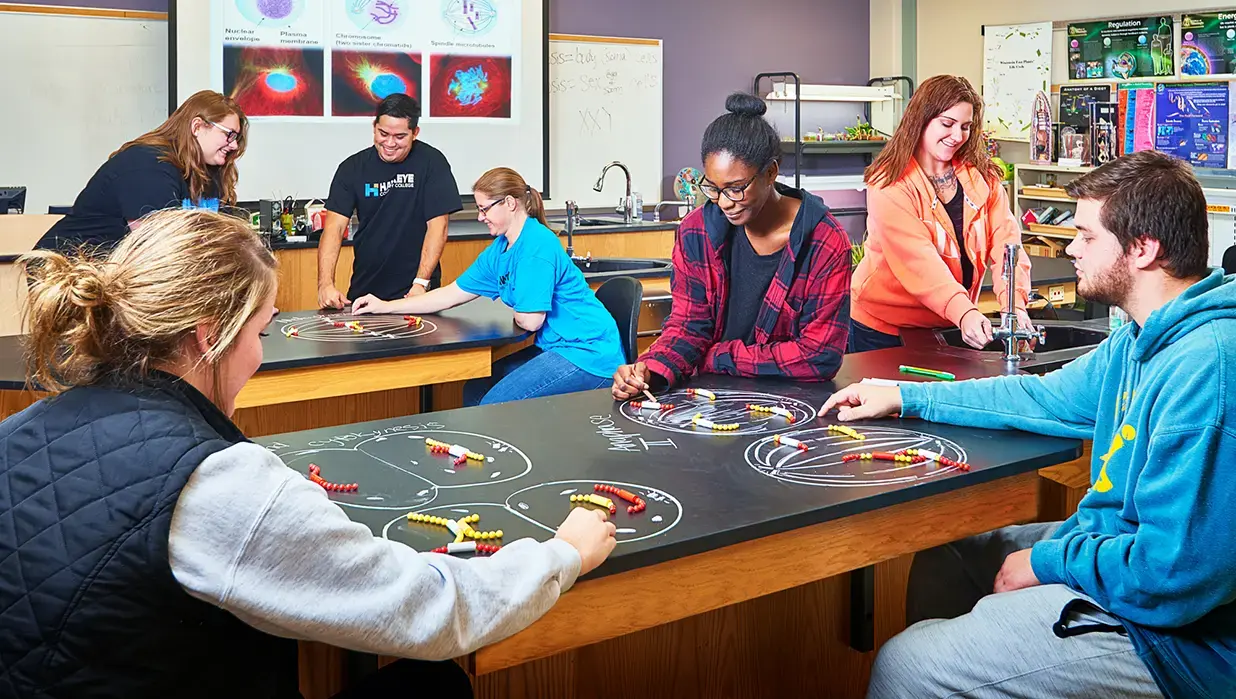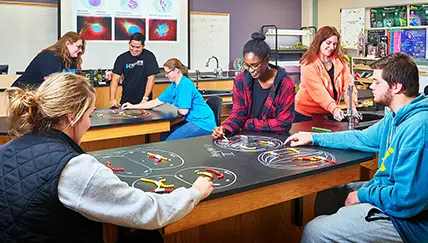The First Step Toward Your Dream Job
Explore the workings of the human body as you prepare for transfer to a four-year university. The Biology Transfer Major is your gateway to careers in medicine, dentistry, scientific research, and more.
Apply at Hawkeye Today
